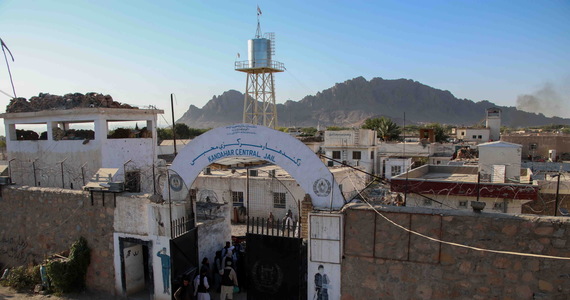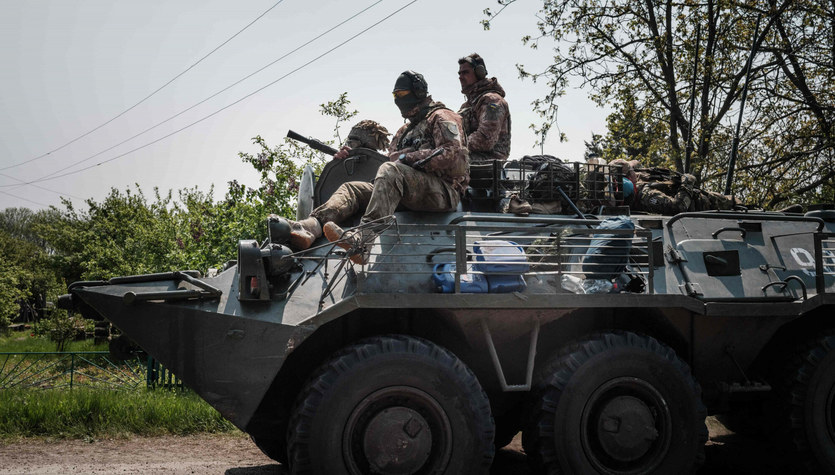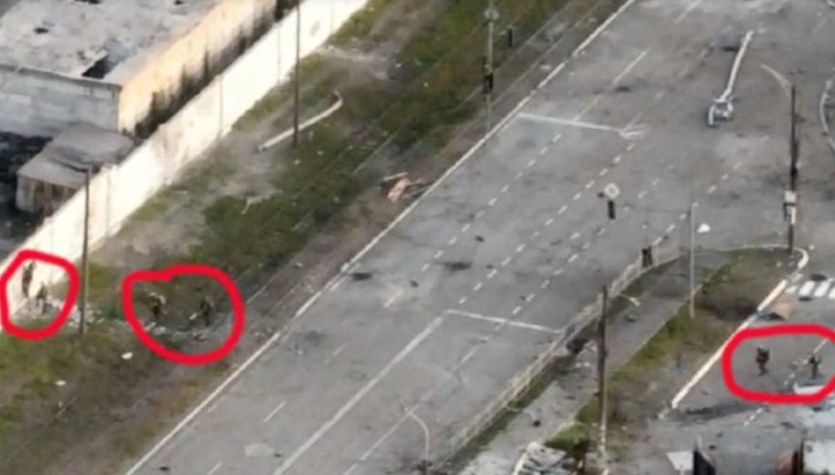Kabul’s once bustling streets have faded, AFP said Wednesday. Chaos reigns throughout the airport, with thousands of people flocking to try to get out of the country before August 31, everywhere else is quiet.
– It’s like a zombie apocalypse. The 20-year-old said people hardly go out, and when they do, they are in a hurry. “People are going home as quickly as possible,” she added.
According to Agence France-Presse, women, who were increasingly willing to wear Western clothes under the previous government, hardly ever leave their homes. On the other hand, burqa sales rose.
Many Afghans fear a return to the brutal interpretation of Islamic law applied by the Taliban when they ruled in 1996-2001. This time, the Islamists say they will guarantee certain rights to women.
However, an activist interviewed by AFP said she could not return to university. He says the hardliners don’t want women to attend classes until the sexes are segregated.
“I think this is a stupid decision,” she said, adding that there are not enough university lecturers.
Her bank prevented her from returning due to safety concerns.
In Kabul, advertising posters depicting models have been damaged or torn. You can no longer hear pop music, which was strictly forbidden under the former Taliban rule.
According to a bank employee who spoke to AFP, on condition of anonymity, the widespread fear is working for the Taliban. “They don’t have any army that can control people, but fear controls everyone,” he said.
Read also: Afghanistan: Massoud will forgive the Taliban in exchange for peace and security
In contrast, in the Taliban-occupied town of Khost in southeastern Afghanistan shortly before the fall of Kabul, the militants apparently took a more moderate approach.
A few days later, the situation returned to normal. An employee of a local charity told AFP that traffic in the city had slowed, but many shops and small businesses had reopened.
“Boys and girls go to school as before,” he said, adding that the Taliban treat people with much more kindness than expected.
In turn, in the city of Kunduz, devastated by weeks of fighting, residents began to rebuild their shops. “But not the houses, because they fled and didn’t come back or don’t have the money to rebuild,” said the owner of the local business. He added that some of the poorer residents are so afraid that they have stopped buying fruit or even using soap.
“They think they should save because they won’t have a way to earn money in the future,” AFP told AFP.

“Coffee enthusiast. Troublemaker. Incurable introvert. Subtly charming twitter scholar. Award-winning social mediaholic. Internet buff.”



![The PiS candidate made a mistake. He got a question in English [WIDEO] The PiS candidate made a mistake. He got a question in English [WIDEO]](https://ocdn.eu/pulscms-transforms/1/0-ak9kpTURBXy9kNDJlMWRjZGI5NmY4YmUyOWMyY2RlYzg3NDQ3MzJjMi5qcGeTlQMAAM0EsM0Co5MJpjMwYTQ2ZAaTBc0EsM0Cdt4AAaEwAQ/waldemar-buda-byl-gosciem-lukasza-warzechy-w-kolku-z-lewej-screen-youtubesuperring_.jpg)





